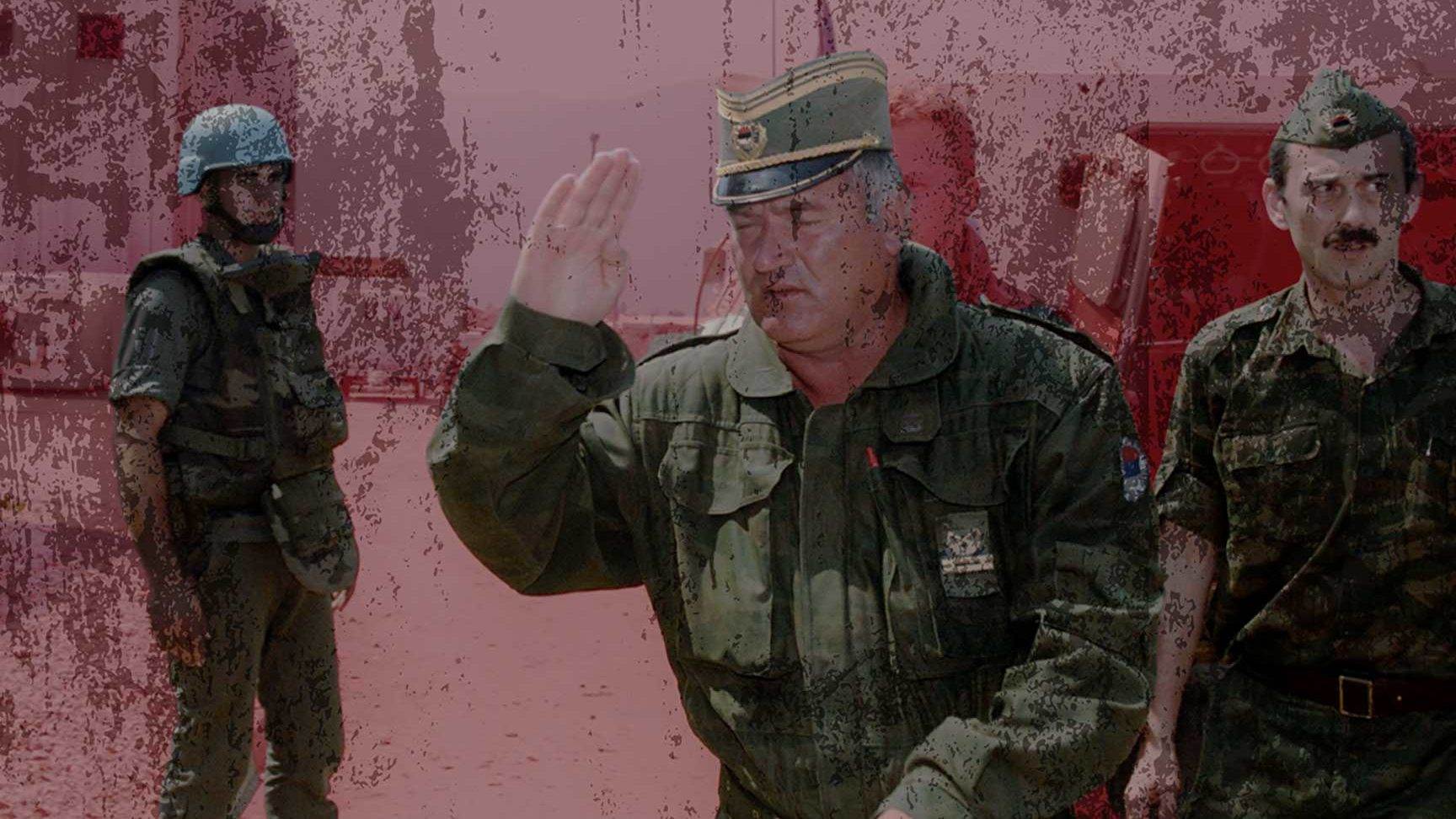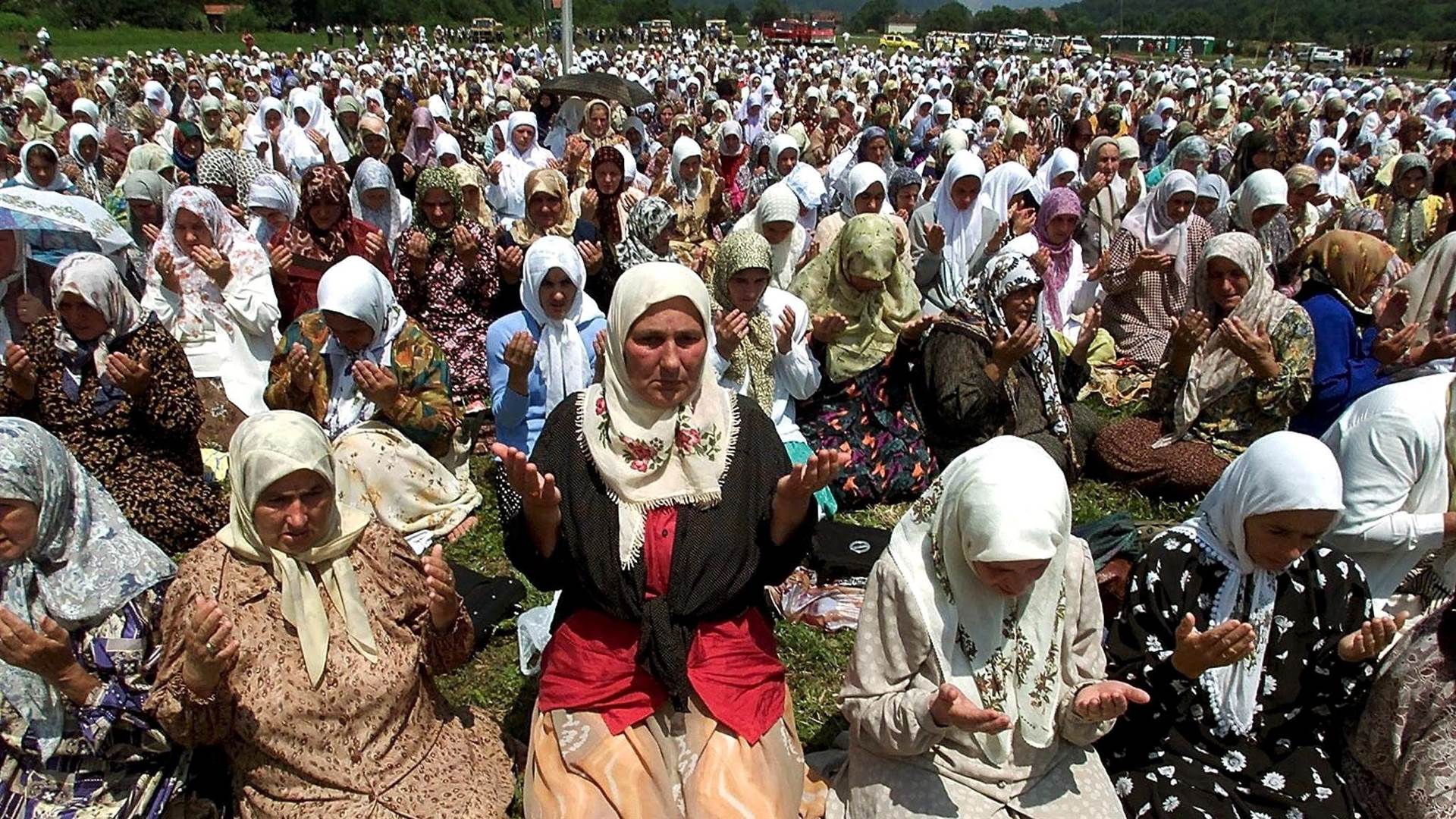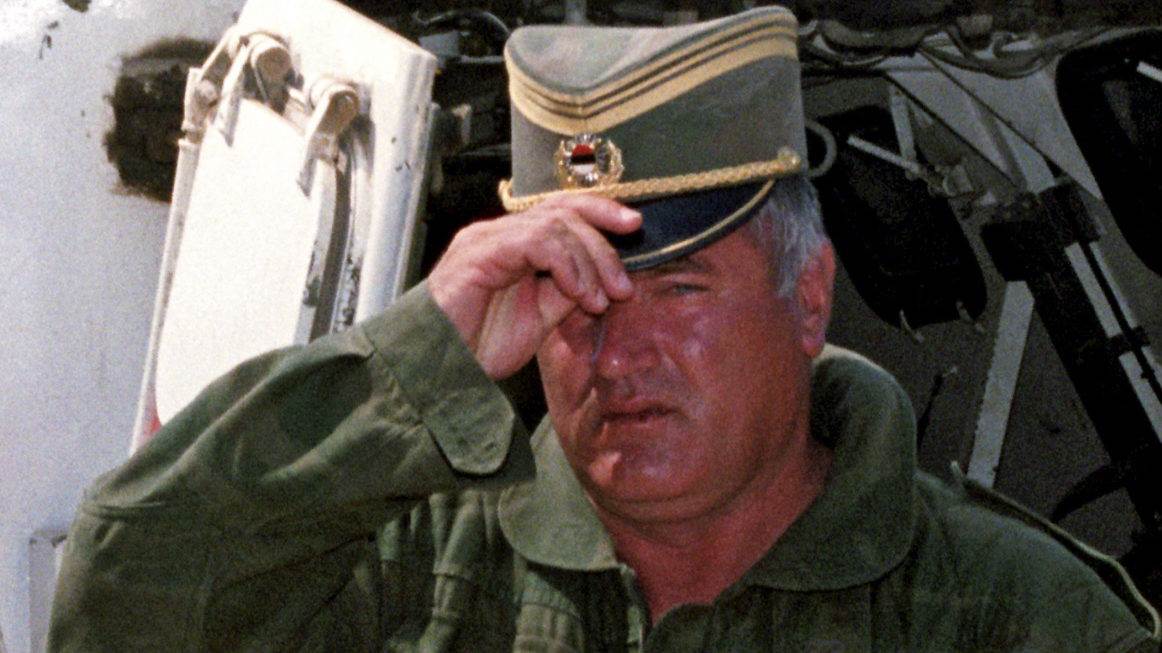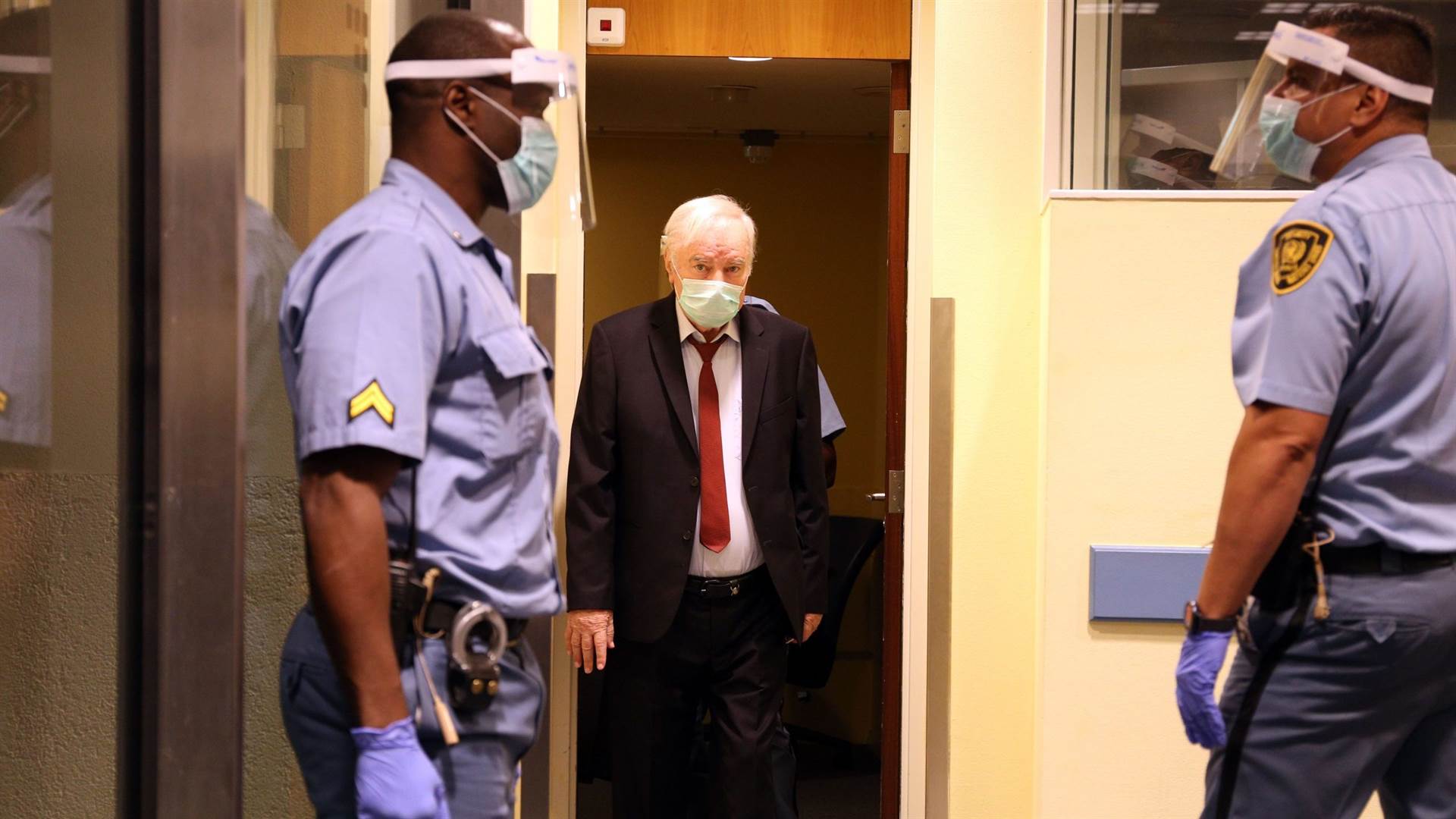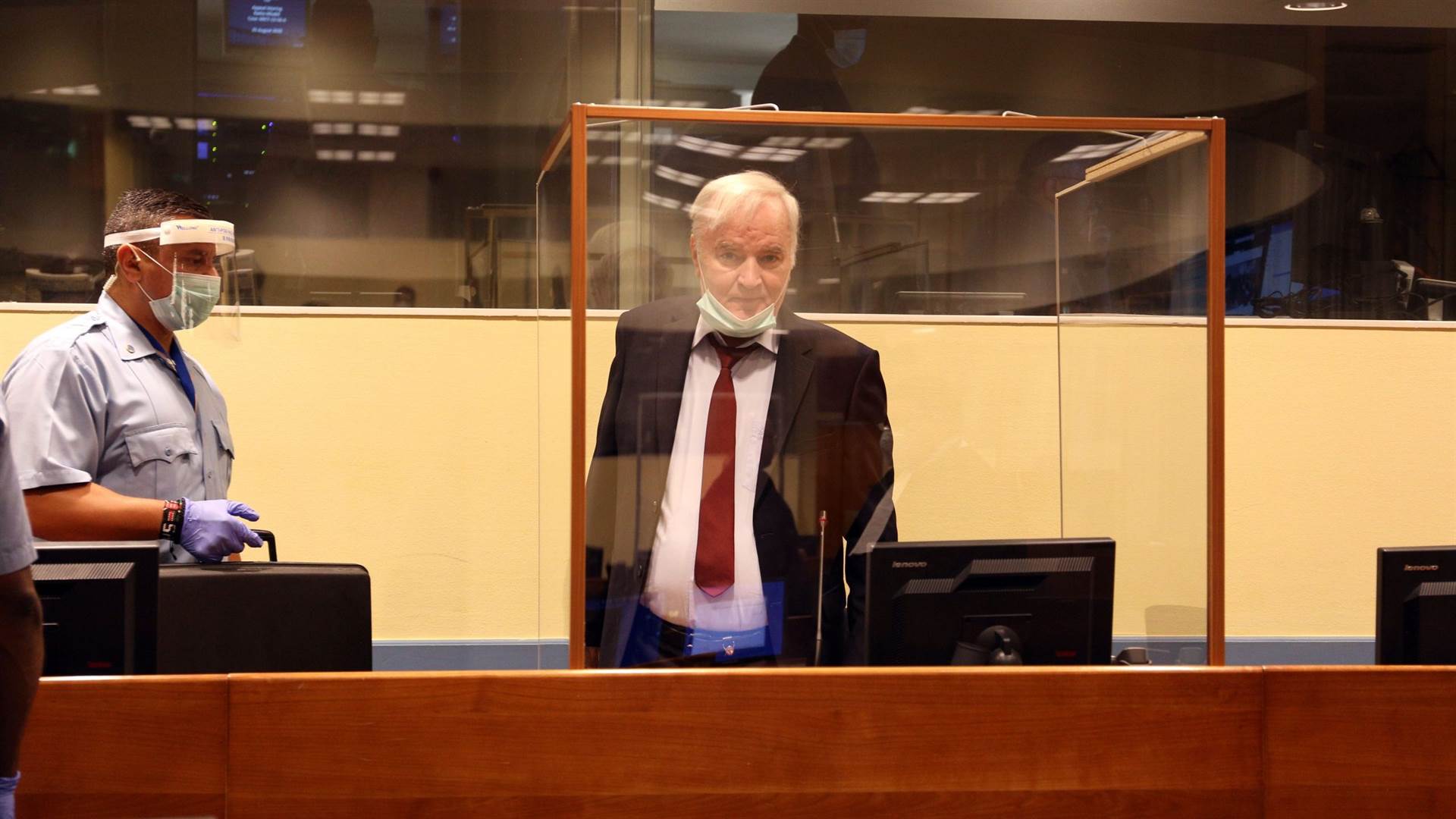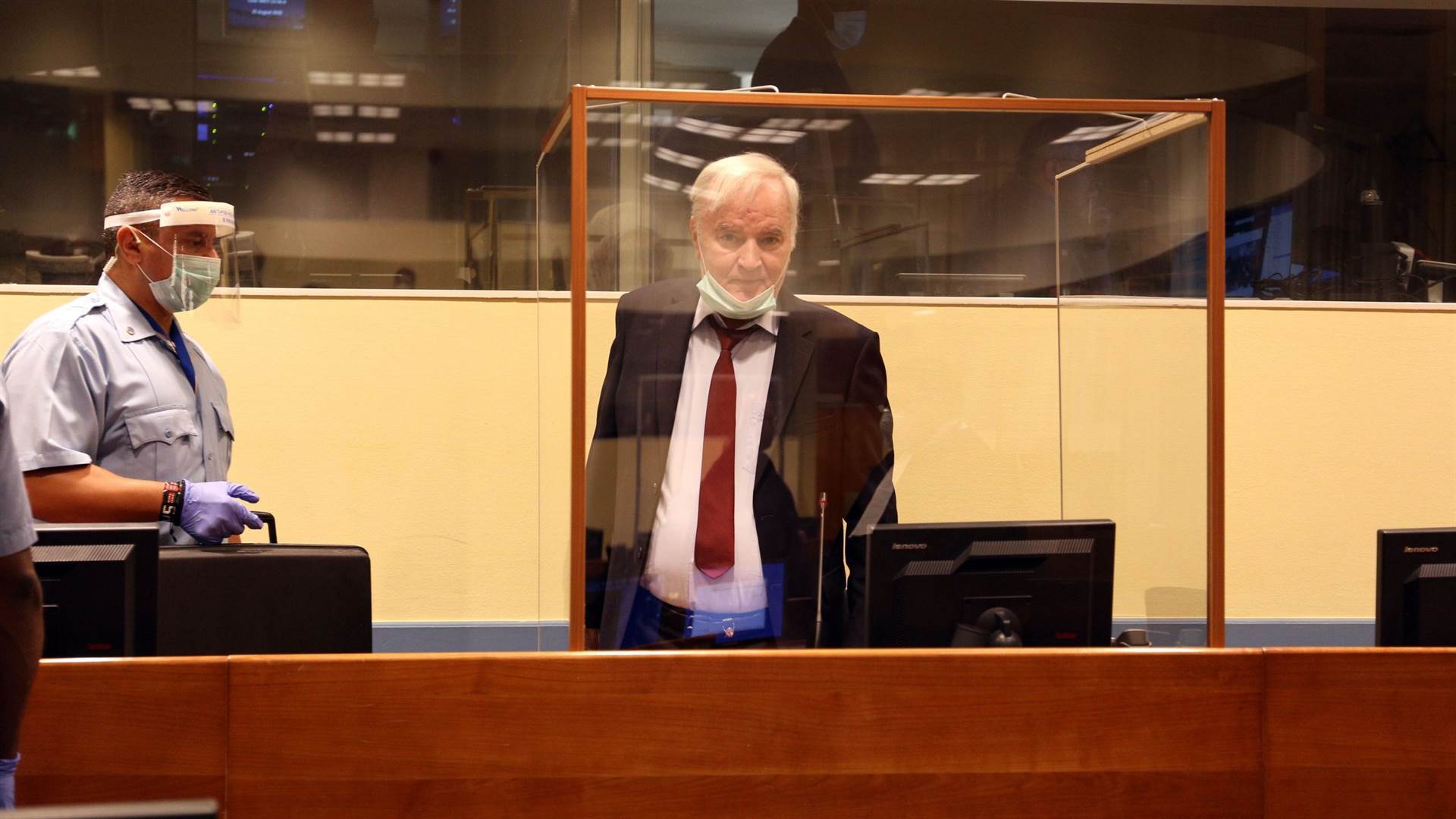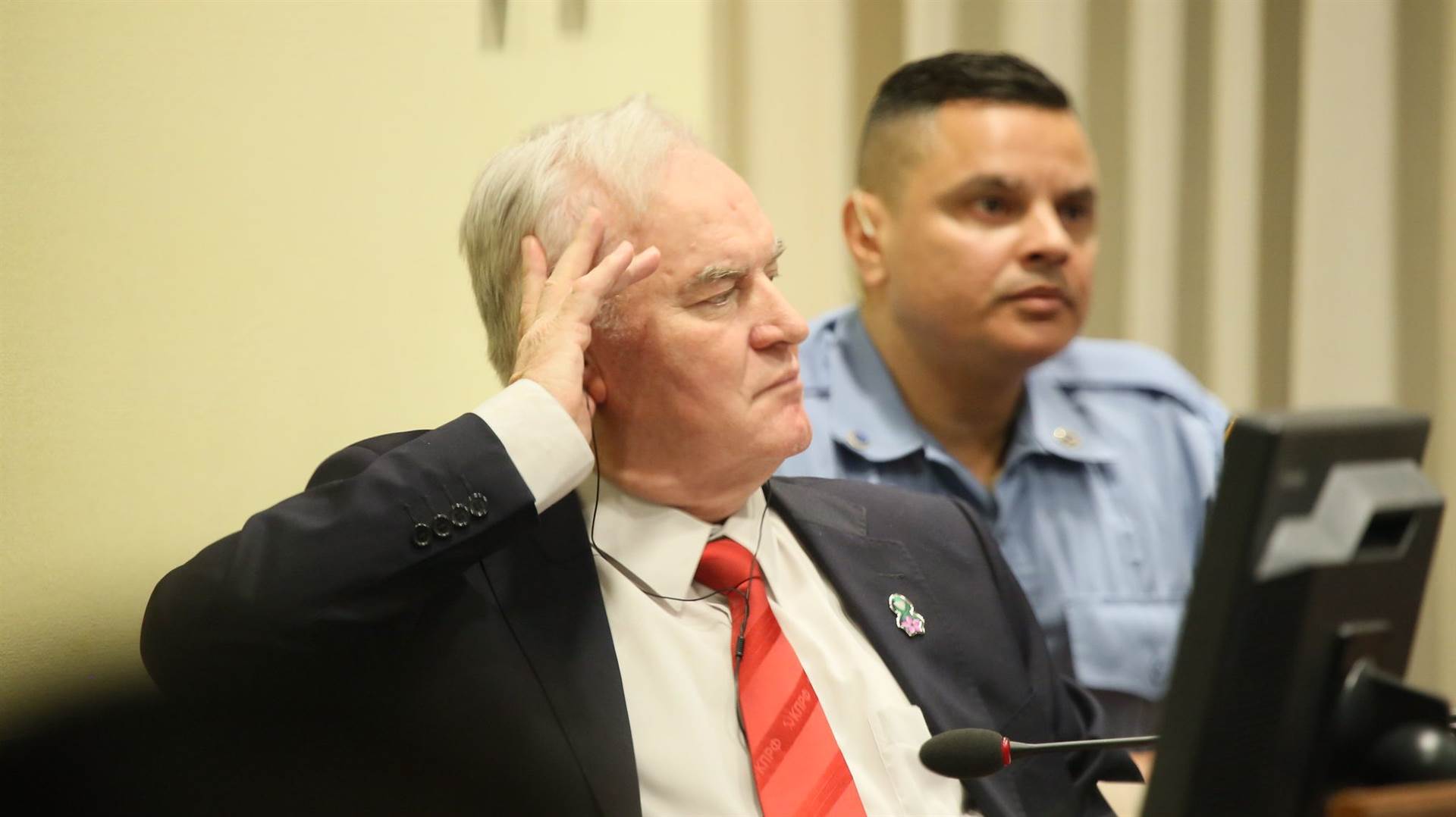Before this week’s final verdict in Bosnian Serb wartime general Ratko Mladic’s trial, BIRN a presents a photographic essay showing the places where the crimes in his indictment were committed,...
The UN court will deliver Bosnian Serb military leader Ratko Mladic’s final verdict next week, but dozens of his associates who have been accused or convicted of Bosnian war crimes...
Mothers of Srebrenica genocide victims are awaiting the final verdict in Bosnian Serb military chief Ratko Mladic’s trial next week - but as the years have passed, some mothers who...
He was a devoted Yugoslav soldier, then a war crimes suspect on the run - now former Bosnian Serb military chief Ratko Mladic awaits his final court verdict for the...
The UN court in The Hague rejected former Bosnian Serb military chief Ratko Mladic’s request for the final verdict in his trial to be postponed because one of his lawyers...
The former Bosnian Serb military chief’s defence asked for the final verdict in his trial to be postponed because one of his lawyers will not be able to attend the...
The head of the UN court said the final verdict in the trial of former Bosnian Serb military leader Ratko Mladic, who is appealing against his conviction for genocide and...
The UN war crimes tribunal rejected a call from Ratko Mladic’s defence for the former Bosnian Serb Army commander to be urgently transferred from the United Nations Detention Unit to...
Prosecutors appealed to the UN court to convict former Bosnian Serb military chief Ratko Mladic of committing genocide in five Bosnian municipalities in 1995 as well as the Srebrenica genocide...
Former Bosnian Serb military chief Ratko Mladic told the UN court in The Hague that his health was “very bad and worsening” as his defence argued that his appeal against...

